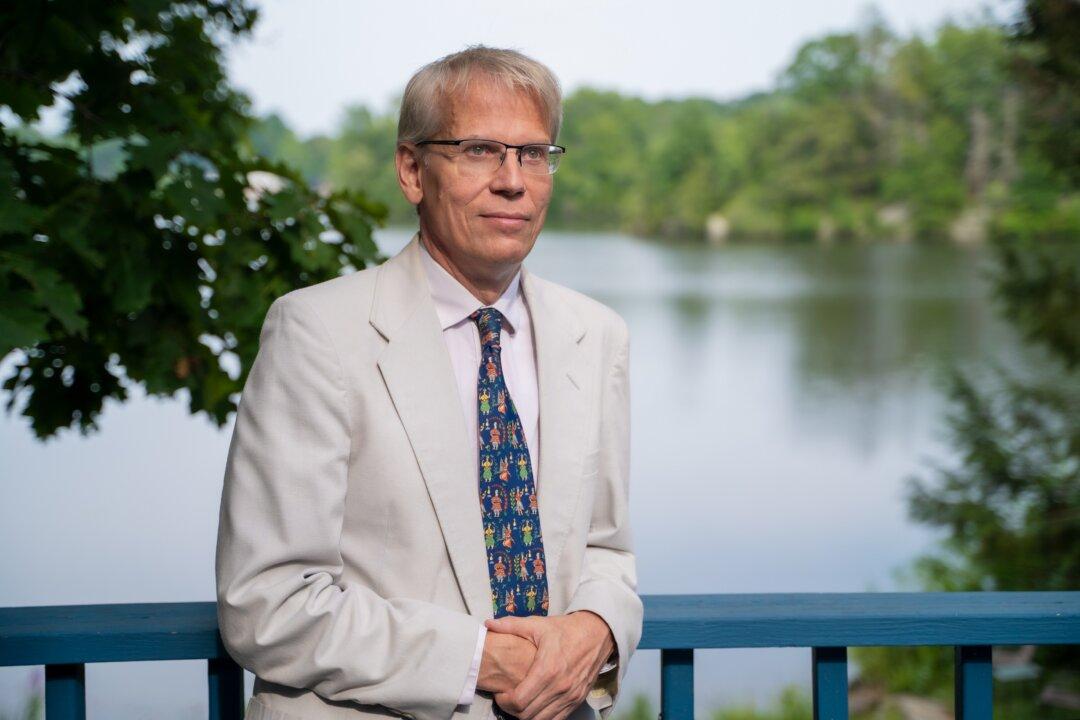The rapidly escalating pressure on many Americans to get a COVID-19 vaccine is undermining trust in public health, according to Martin Kulldorff, a professor of medicine at Harvard Medical School.
New York City became the first major metropolitan area in the United States this month to require proof of vaccination to enter numerous businesses, including gyms and restaurants. Other cities and states are imposing vaccine requirements on workers, including police officers and nurses.






